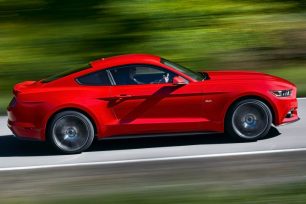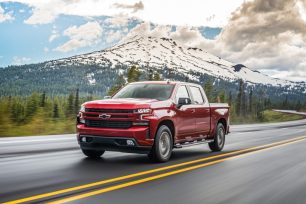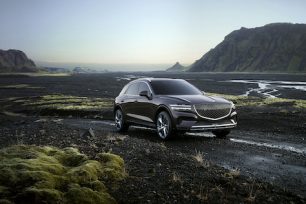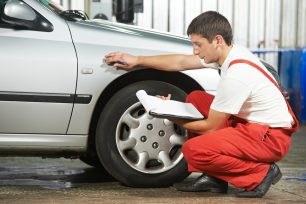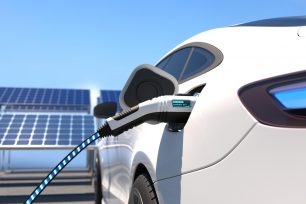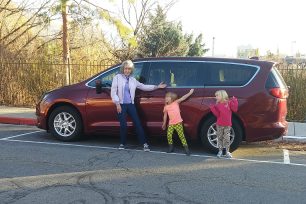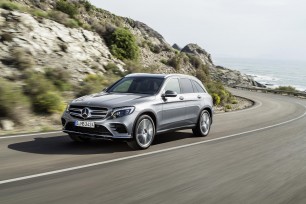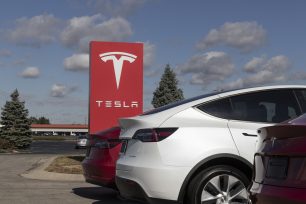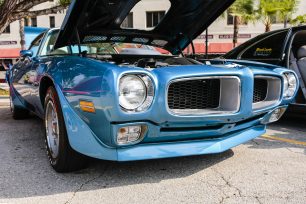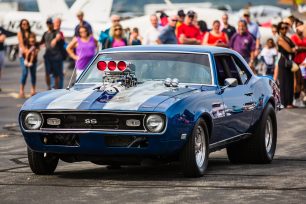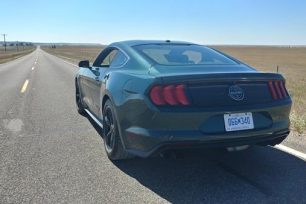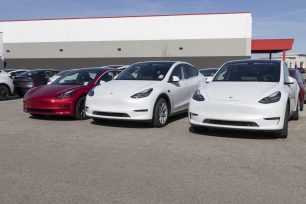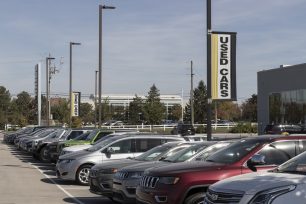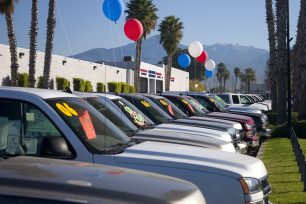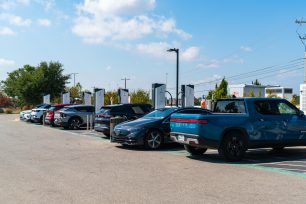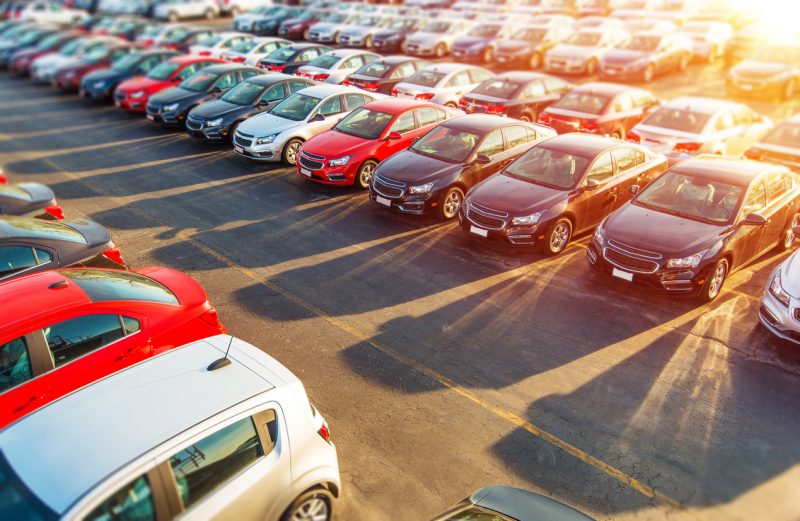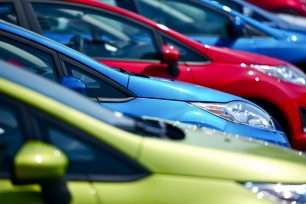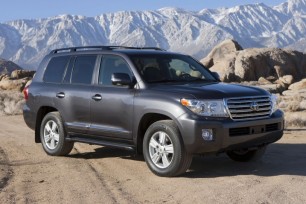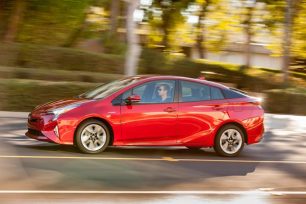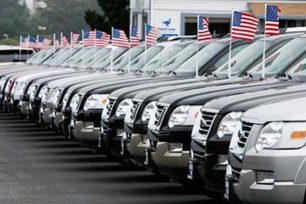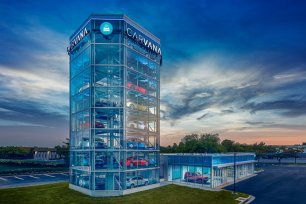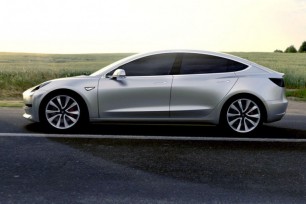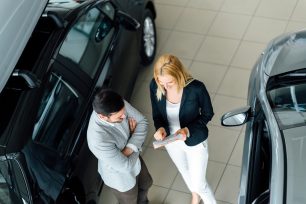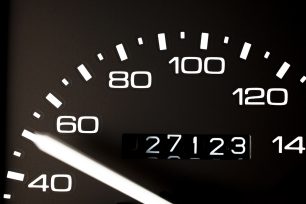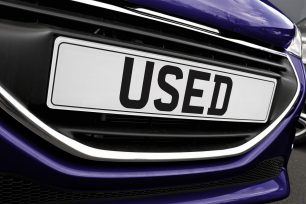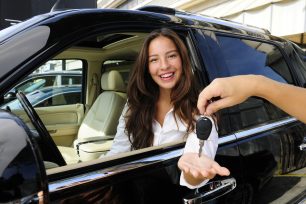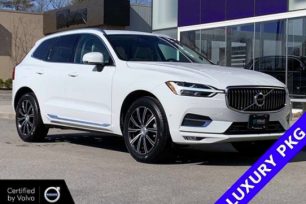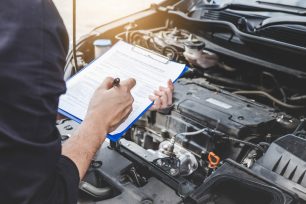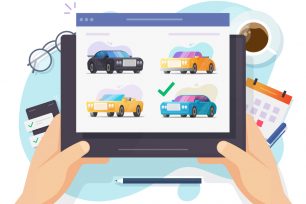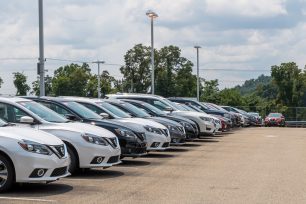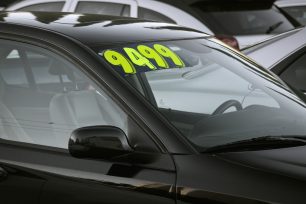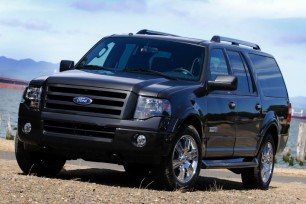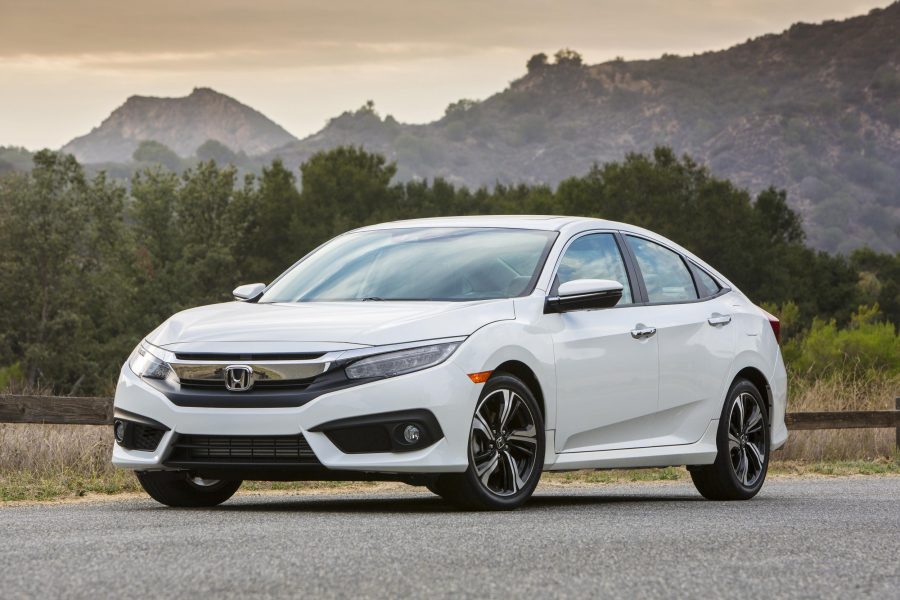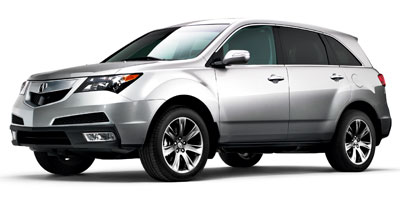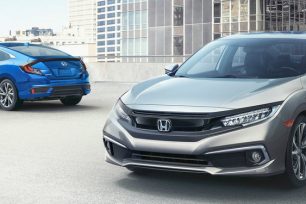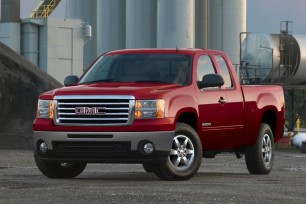When you are in the market for a used car purchase, there are a number of factors to consider. Your finances, your personal taste, and your experience with vehicles all play a role in determining where you should turn. This is especially true if one of these categories presents a challenge (such as having a limited amount of funds or knowing virtually nothing about used cars). While there is no single, ideal way to buy a used car, there are pros and cons to help you weigh in on where to purchase your next used car --- buying from a New Car Dealership, Used Car Dealership or buying a used car for sale from the individual owner or private party.
Pros and Cons of Buying from a Dealership
Buying a used car from a dealership is one of the most popular choices for consumers today. Some people consider it a “safe” alternative to buying from a stranger. However, as with most sales venues, there are two sides to this option.
There are 2 types of dealerships. One type is New Car Dealerships (also known as Franchise Dealerships that work with a specific auto manufacturer) which sell new cars but also carry used cars from trade-ins. The other type is Used Car Dealerships which only sell used cars; they procure used cars primarily from car auctions.
Pros and Cons of Buying a Used Car for Sale from a New Car Dealership
Pros:
- New car dealers typically offer Certified Used Cars which specifies that their used cars have been looked over by a qualified mechanic and have not been in any undisclosed accident. Oftentimes, the sale of a Certified Used Car comes with some sort of mileage or length of time warranty. Many dealers will also throw in a free year's worth (or even life-of-the-car's worth) of car washes or oil changes.
- New car dealerships generally have a large selection of vehicles to choose from providing a better chance to find the specific make, model, color and options you want.
- Additionally, the cars at a new car dealership are probably of better quality that are newer, later model cars with low mileage. Most of the time, these cars are the trade-ins and previously leased vehicles that are in better condition than those sold off at auctions. They are also more likely to carry the manufacturer's original warranty.
- The service may be better at new car dealers since there are certain customer satisfaction standards they need to meet from auto manufacturers.
- Cost is also a pretty big factor in buying used cars from a dealership. Although not every vehicle will be grossly overpriced, you will almost always pay more for a vehicle from a dealer than you would with a private seller. After all, you're paying for business overhead, salaries, and the owner's profits.
- Car dealerships don't necessarily have a great reputation for treating customers fairly. It is probably also a case of a few rotten apples spoiling the good ones. Part of the problem is that because most car salesmen work on commission, it is in their best interest to get you to drive home with any car – no matter what while pocketing as big a profit as they can. (CarMax, one of the largest car dealers, is one example of a dealership offering no haggle pricing where the sales people are compensated based on volume rather than profit). Car dealerships can also be intimidating, especially if you don't know too much about cars.
- This is not to say there aren't reputable dealers out there. Just make sure to get suggestions from your friends and colleagues. Check with the Better Business Bureau (BBB.org) to see if a certain car dealership has had prior complaints and how those complaints were handled.
Used car dealerships are often times small businesses and mom and pop operations. They are also called independent dealerships (presumably independent from an auto manufacturer unlike a Franchise dealers) and there are many more of these dealerships than there are new car dealerships. Used car dealerships typically get their cars from auctions and less so from trade-ins.
Pros:
- The prices at used car dealerships are generally lower than a new car dealership partly because they have less overhead.
- There's also a good number of cars on the lot for you to choose from (CarMax.com is one of the largest used car dealers selling many makes and models)
- Cars at a used car lot are typically sold with no warranty
- The cars at a used car dealership are also of lower quality and older than those at a new car dealership.
- Used car dealers are not known for their stellar reputation. There's tendency to do whatever it takes to sell a car even if some of those sales tactics are questionable. As with a new car dealer, make sure to check resources like the Better Business Bureau and do searches on Google to see if there are user reviews of the dealer (dealerrater.com which allows users to comment on their experience shopping at particular dealerships, is also a good source to consult).
Pros:
- One of the biggest upsides to buying a used car from a private seller is the price. Private party sellers typically don't have any overhead in running a business, they don't work on commission, and they are often motivated to sell at any price. If you know what you're looking for as well as the value of the used car you're considering, you can drive away with a really great deal.
- One way to get a good deal on a car is to buy cars from private sellers who must sell either because they need to move out of town or country or they need the money.
- Buying from a private seller can also get you access to all of the car's history. This is especially true if the private seller has been the sole owner of the car. He or she will know every accident, every mechanical problem, and even the slight eccentricities of the radio. Assuming you are negotiating with someone who is trustworthy, this can provide you with an invaluable look at the car's details.
- When private parties sell a used car, truck, or SUV, they often have some level of emotional attachment to the vehicle. They also typically have a frame of reference for the cost they originally paid, and they may feel that they deserve a close (if not equal) payout from you. Both of these can lead to the occasional overpricing of the used vehicle.
- There is also no guarantee that the car you're getting is in good shape. Unless you have your own mechanic check out the car and give it a thumbs up (or you know enough about cars yourself), you may end up driving home with a lemon – and have no legal recourse to rely on to get your money back.
- Probably takes a bit more time and effort than going to a dealership since one private party or individual may only have one car to sell.
Buying a used car can be a time-intensive and complicated process, but it doesn't have to be overwhelming. As long as you know what to expect from used car dealerships as well as private party sellers, you can make an educated decision that will save you time, money, and future mechanical breakdowns.
If you have a question you'd like our experts and community to answer, please ask your question at http://forum.iseecars.com. To start your used car search, visit http://www.iSeeCars.com


